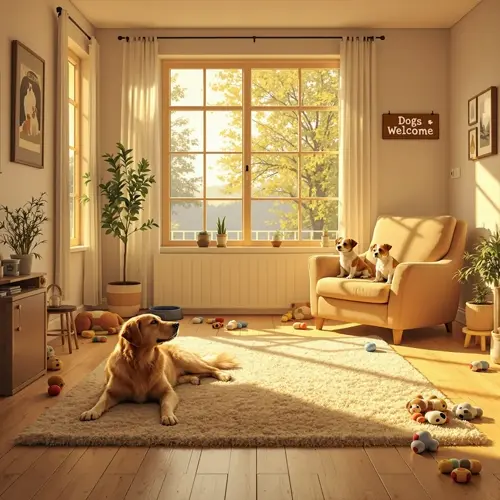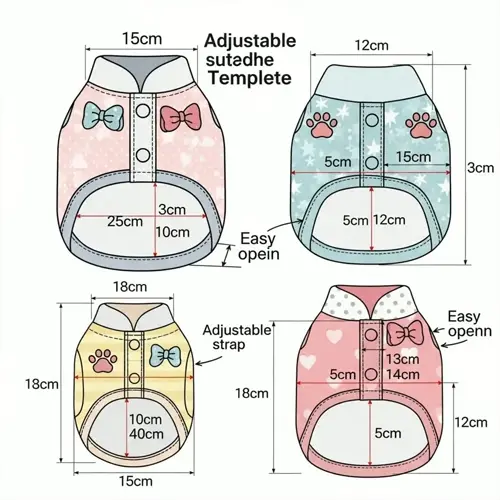Should toys be left in crates overnight?

Written by
David Smith
Reviewed by
Prof. Henry Webster, Ph.D.Careful selection of overnight crate toys is necessary to ensure safety when dogs are left unattended for extended periods. Toys should only be offered that have been specifically approved by veterinarians for their durability and safety. No soft plush toys or small items should be left with dogs, as they present serious choking and intestinal blockage dangers. Regular inspections of toys will keep dogs safe from unnoticed damage.
Recommended Types
- Rubber Kongs stuffed with frozen food
- Hard nylon chews without removable parts
- Solid rubber balls too large to swallow
- FDA-approved dental chews
Strictly Avoid
- Plush toys with stuffing or squeakers
- Rawhides that expand when wet
- Rope toys with frayed fibers
- Small toys or balls under 3 inches diameter
Vet-approved applies only to products that have the certification of veterinary dental associations. These can withstand aggressive chewing without splintering. Look for the VOHC seal (Veterinary Oral Health Council). Avoid "bargain" toys that lack safety certification. Kong Extreme is my recommendation for powerful chewers, as it is backed by veterinary testing.
Inspection routines prevent accidents. Look over toys daily for cracks, loose pieces, or tooth marks. Discard immediately if damaged. Size toys according to the dog's throat size, as they should be too large to swallow. Wash rubber toys weekly to prevent bacterial growth.
Different dogs require special considerations. Puppies require gum-safe, softer chews. Senior dogs require softer dental chews. Power chewers need industrial chews made of rubber. Choose chews that are suited to your dog's power and chewing style. Do not ever assume that a safe chew yesterday is secure today.
Read the full article: 10 Essential Dog Crate Training Steps

